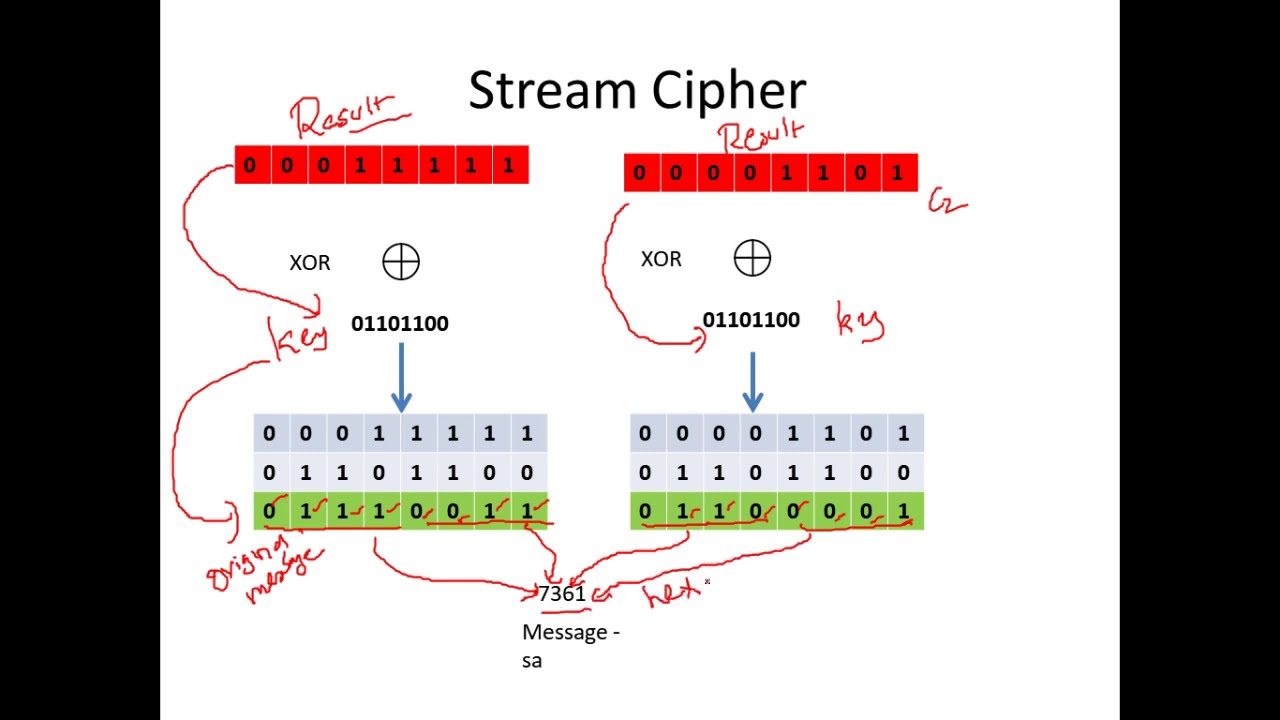A stream cipher is a type of symmetric encryption algorithm, meaning data is encoded and decoded using the same key. Stream ciphers differ from other encryption algorithms in that they use a series of random bits to encrypt messages instead of a single key. This makes them more secure, as each bit is used only once, and it is impossible to have two identical messages using the same key.
Stream ciphers generate their encryption keys by creating pseudo-random streams of bits. A set of random bits is generated and combined with the data being encrypted. The output is an encrypted message that can only be decrypted by using the same key. Stream ciphers are generally used to protect data transmission over the internet, or in digital devices such as cell phones or wireless networks.
Stream ciphers are considered to be simpler and faster than block ciphers, since they do not need to encrypt every bit in a large block of data. This reduces the amount of time and resources needed for the encryption process. Additionally, stream ciphers are more resistant to brute force attacks, since the hacker must guess the key by solving multiple streams of random bits.
Stream ciphers are often used in conjunction with other security protocols such as Secure Sockets Layer (SSL), or Transport Layer Security (TLS). This combination of encryption technologies increase a system’s security, as each layer of encryption strengthens the data.
Overall, stream ciphers are an effective and widely used type of encryption that provides good protection for data transmitted over the internet.





